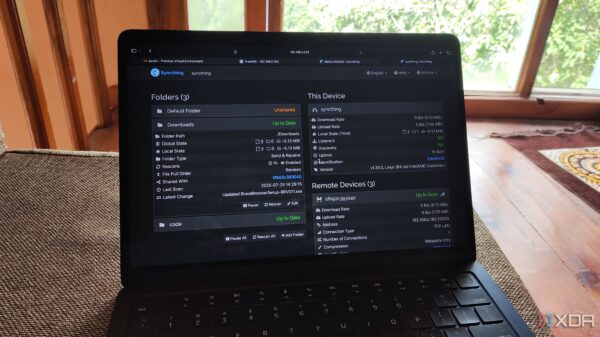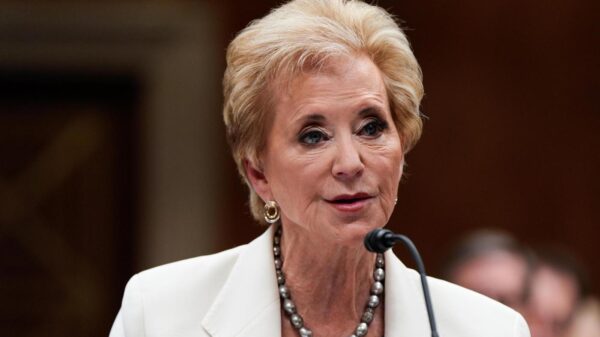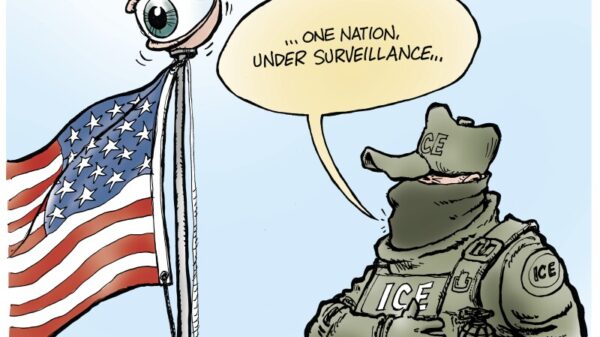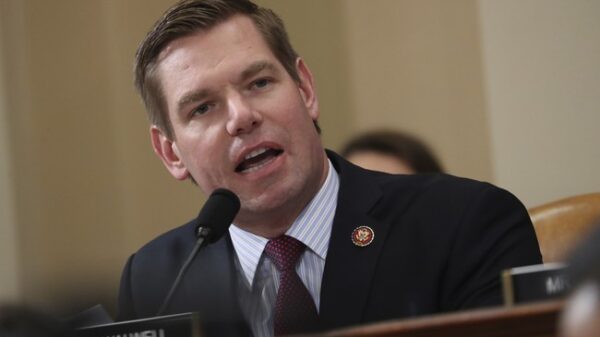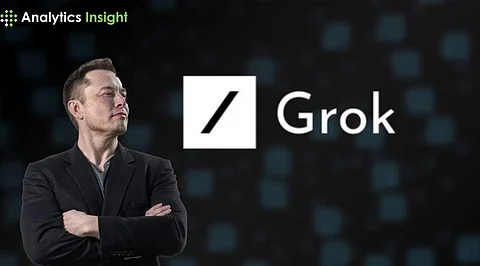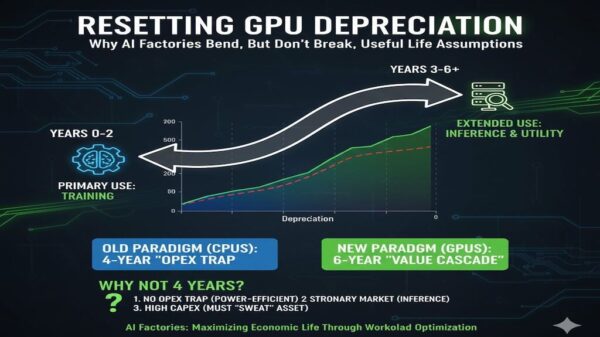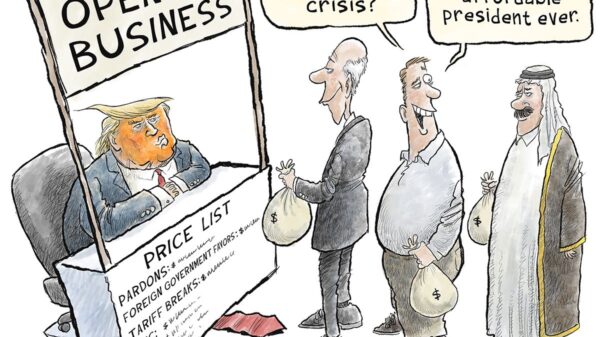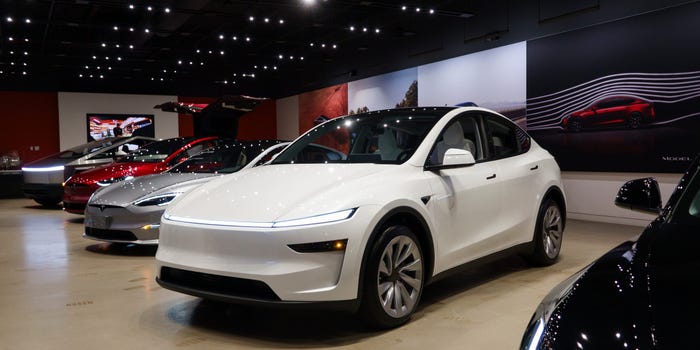URGENT UPDATE: The electric vehicle (EV) landscape in the United States is rapidly transforming as automakers react to the expiration of the $7,500 federal tax credit on September 30. Tesla has just unveiled lower-cost versions of its popular Model 3 and Model Y, signaling a bold new strategy to attract buyers without government incentives.
With the tax credit no longer available, companies are scrambling to find creative ways to maintain sales. Tesla’s new offerings strip down features like power seats and Autopilot, resulting in a price cut of approximately $5,000. This move exemplifies the urgent need for automakers to rethink their sales approaches as they face a changing market.
In parallel, other manufacturers are also pivoting. Hyundai announced an eye-catching $11,000 cash-back incentive on select trims of its 2025 Ioniq 5, while Ford and General Motors are reportedly exploring options to extend tax credit benefits through dealer down payments, according to a Reuters report.
“Ivan Drury, director of insights at Edmunds, emphasized that the end of tax credits has compelled automakers to innovate their sales strategies. ‘The overarching message of tax credits going away for EVs has had a very different set of approaches from each automaker,’ Drury stated. ‘Nobody’s looking to increase. You just want to maintain that basic level of sustainable sales,'” he explained.
However, not all automakers are pushing forward. Some are reevaluating their EV strategies, with Stellantis announcing last month the discontinuation of the Ram REV 1500 electric pickup due to declining demand in North America. In a similar vein, Acura has confirmed it will halt production of its all-electric ZDX SUV, though it plans to revive the iconic RSX nameplate with a new electric compact SUV set to launch in the US in the second half of 2026.
The future of EV sales remains uncertain as automakers navigate these changes. Drury noted, “How much the lower-cost EVs will prop up sales is unclear. We’re going to have to give that a few months.”
As these developments unfold, consumers and industry watchers alike are urged to stay tuned for further updates on how these strategies will impact the EV market in the coming months. The race to capture consumer interest is heating up, and the stakes have never been higher.
Be sure to share this urgent news as the automotive industry adapts to a new era in electric vehicle sales.




